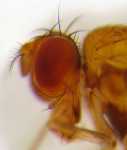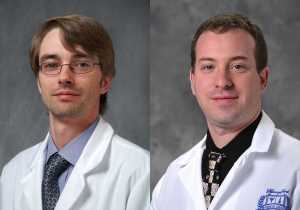Author Interviews, Brigham & Women's - Harvard, Colon Cancer, Gastrointestinal Disease, Sugar / 06.05.2021
Adolescence Intake of Sugar-Sweetened Beverages Linked to Increased Risk of Early-onset Colon Cancer
MedicalResearch.com Interview with:
Jinhee Hur, PhD
Research Fellow
Department of Nutrition
Harvard T.H. Chan School of Public Health
Boston, MA 02115
MedicalResearch.com: What is the background for this study?
Response: Early-onset colorectal cancer (EO-CRC, age <50 years at diagnosis) is rapidly rising in the US since the mid-1980s, with an unclear understanding of its etiology and contributors to the rise. Sugar-sweetened beverages (SSBs) exert adverse metabolic repercussions throughout the life course, including insulin resistance and inflammation. Higher SSB intake can induce obesity, which has been linked to risk of EO-CRC. A recent experimental study also suggests that high fructose corn syrup, a primary sweetener in SSBs, may promote colon tumor growth, independent of metabolic dysregulation. In the US, SSB consumption has dramatically increased during the 2nd half of the 20th century, and adolescents and young adults have been the heaviest SSB drinkers across all age groups. Thus, we expect SSBs may be an emerging risk factor for EO-CRC and likely contribute to the rising incidence of EO-CRC.
(more…)































 Benjamin E. Gewurz MD, PhD
Broad Institute of MIT and Harvard, Cambridge,
Division of Infectious Disease, Department of Medicine, Brigham and Women’s Hospital,
Department of Microbiology, Harvard Medical School
Boston, MA
MedicalResearch.com: What is the background for this study?
Response: When the Covid-19 virus infects cells, it takes over and redirects our cells resources towards the projection of virus building blocks and new viruses. Building blocks include large amounts of RNAs that encode for the viral proteins, much as the mRNA vaccines direct our bodies to make the spike protein. We wondered how the virus changes cell metabolism in order to support the synthesis of vast amounts of viral RNAs within hours of infection.
Benjamin E. Gewurz MD, PhD
Broad Institute of MIT and Harvard, Cambridge,
Division of Infectious Disease, Department of Medicine, Brigham and Women’s Hospital,
Department of Microbiology, Harvard Medical School
Boston, MA
MedicalResearch.com: What is the background for this study?
Response: When the Covid-19 virus infects cells, it takes over and redirects our cells resources towards the projection of virus building blocks and new viruses. Building blocks include large amounts of RNAs that encode for the viral proteins, much as the mRNA vaccines direct our bodies to make the spike protein. We wondered how the virus changes cell metabolism in order to support the synthesis of vast amounts of viral RNAs within hours of infection.